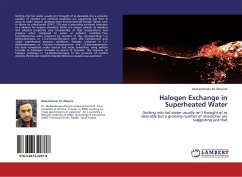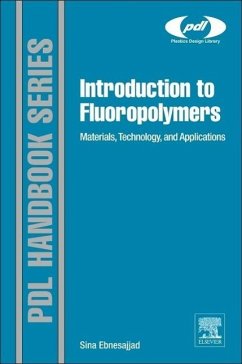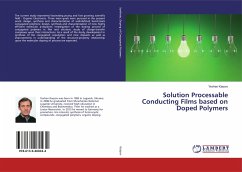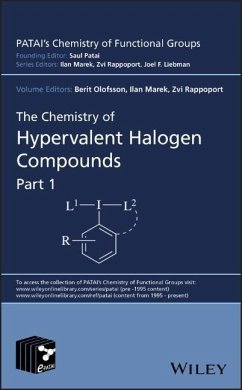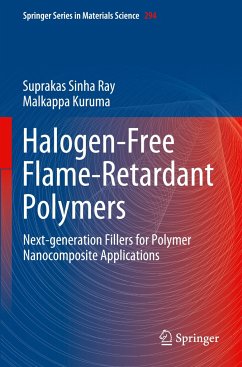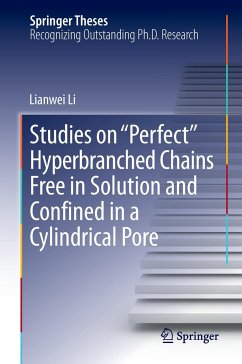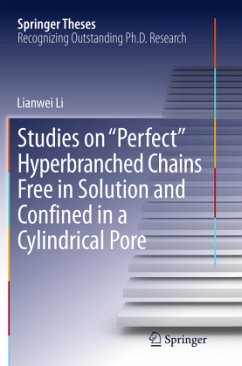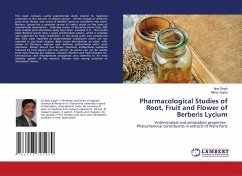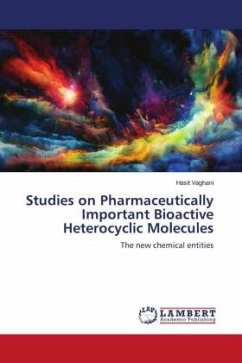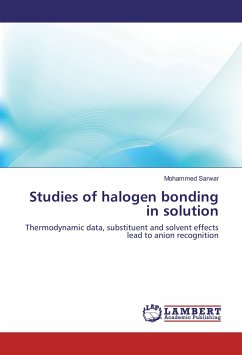
Studies of halogen bonding in solution
Thermodynamic data, substituent and solvent effects lead to anion recognition
Versandkostenfrei!
Versandfertig in 6-10 Tagen
52,99 €
inkl. MwSt.

PAYBACK Punkte
26 °P sammeln!
Halogen bonding (XB), the interaction between electron deficient halogen atoms and electron donors, is an established non-covalent interaction in the solid and gaseous phases. To overcome the limitations of the understanding of XB, we investigate XB interactions in solution and design anion receptors. At first, a review of XB interaction: theoretical models, studies of XB in solid and gaseous phases and examples in biological systems are discussed. Then linear free energy relationships involving the thermodynamics of XB are studied. The utility of substituent constants and calculated molecular...
Halogen bonding (XB), the interaction between electron deficient halogen atoms and electron donors, is an established non-covalent interaction in the solid and gaseous phases. To overcome the limitations of the understanding of XB, we investigate XB interactions in solution and design anion receptors. At first, a review of XB interaction: theoretical models, studies of XB in solid and gaseous phases and examples in biological systems are discussed. Then linear free energy relationships involving the thermodynamics of XB are studied. The utility of substituent constants and calculated molecular electrostatic potentials of XB donor ability are discussed. DFT calculations are shown to have useful predictive values for trends in halogen bond strength. We also developed XB based new multidentate anion receptors which exhibit significantly higher binding constants than monodentate donors. Using FNMR, the enthalpies and entropies of anion bindings for mono and tridentate receptors were determined and showed a +Ve entropy contribution to anion binding for both receptors in acetone solvent. These findings can allude to utility in organic synthesis, supramolecular chemistry and drug design



